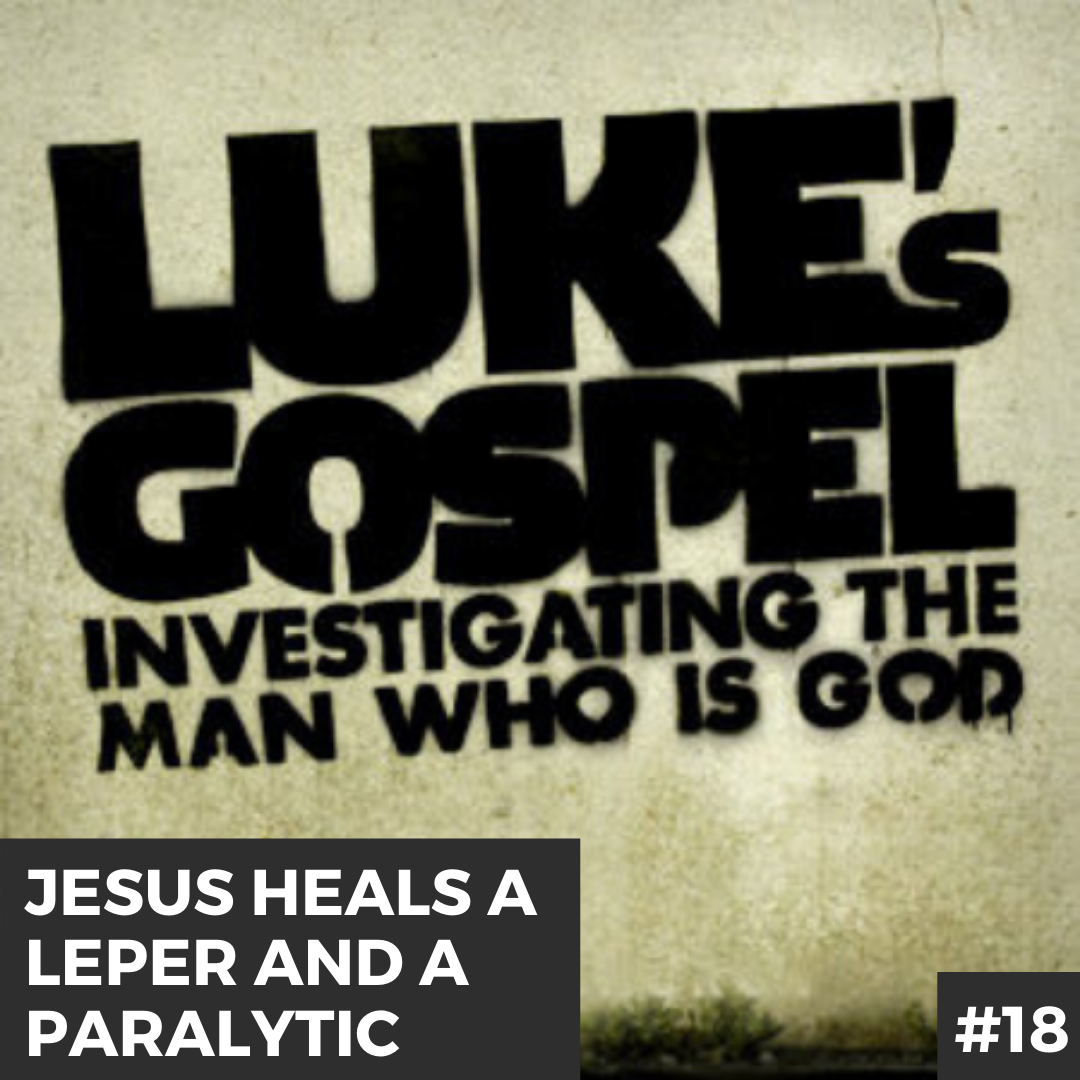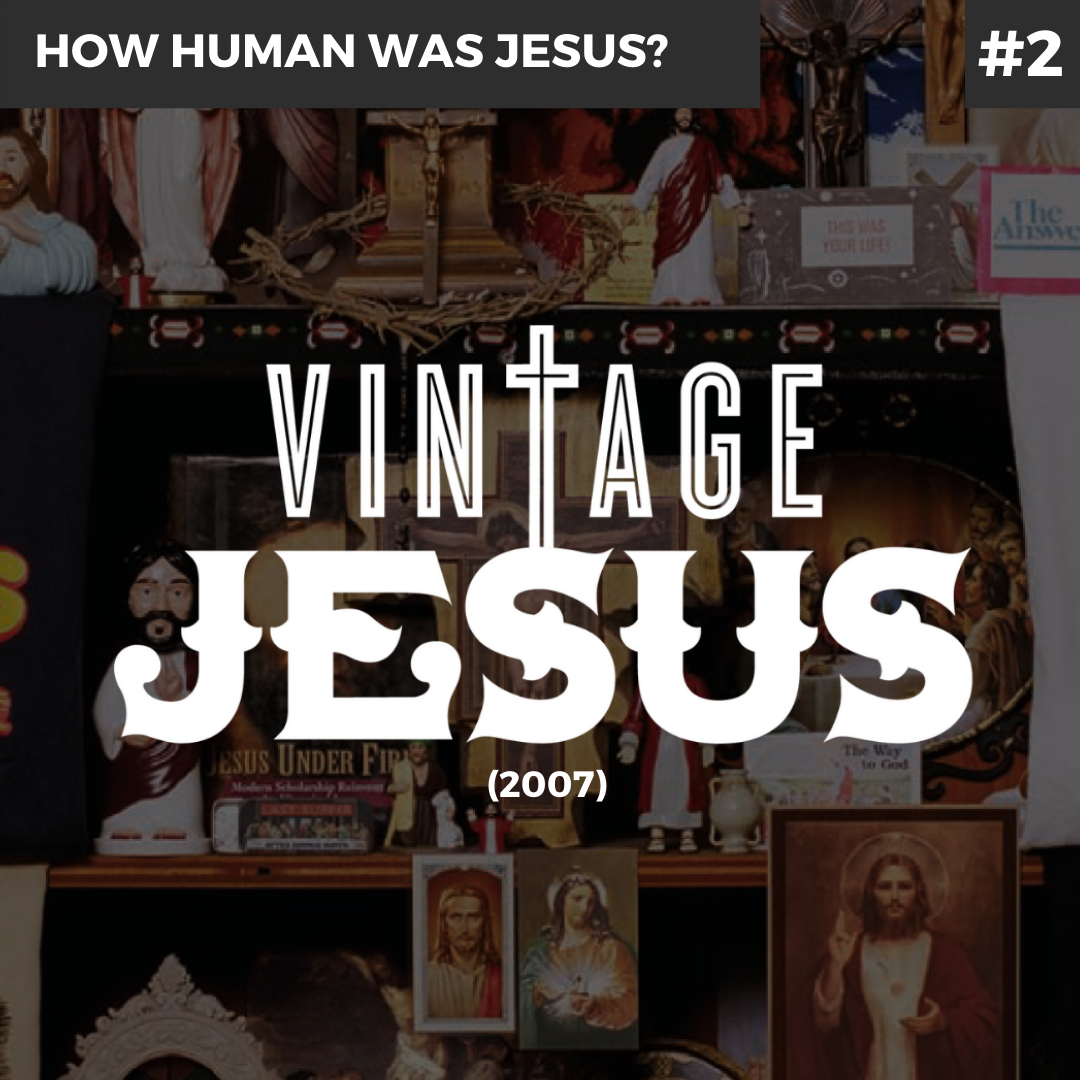The Respectful Wife
A wife is incredibly powerful in the life of her husband. The wife is to respect her husband (Eph. 5:33), which means “to notice, regard, honor, prefer, defer to, encourage, love, and admire” him. A respectful wife has a head of respect (How do you think about your husband?), a heart of respect (How do you feel about your husband? What do you say about him?), and hands of respect (What do you do for your husband?). A disrespectful wife may be silent and compliant, or loud and contentious. Still, it is possible to disagree respectfully. Do you respect your husband?







